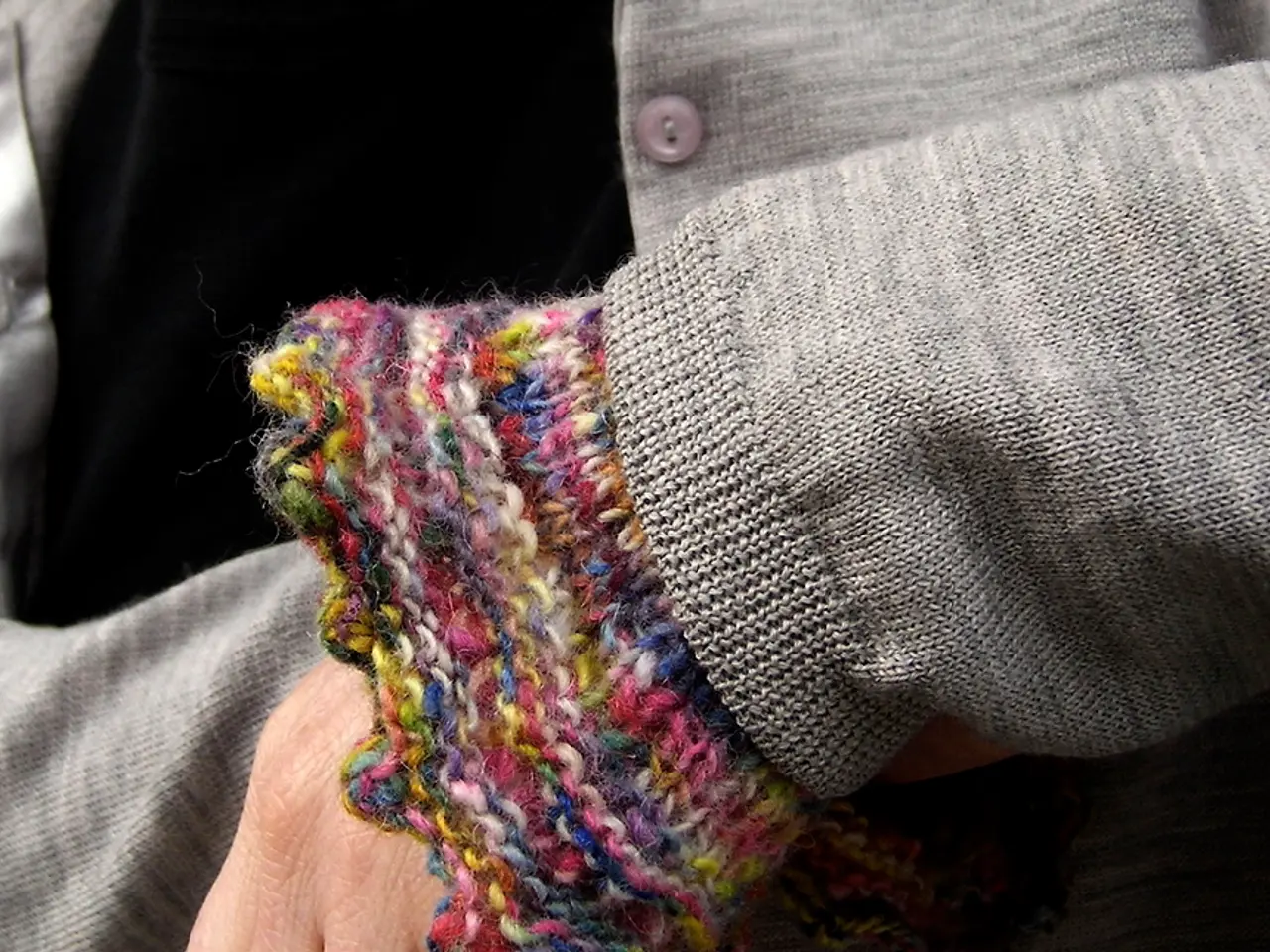Managing Latuda's potential side effects: A comprehensive guide
Latuda, a medication used to treat schizophrenia and bipolar depression, comes with a range of potential side effects. It is essential for patients and their healthcare providers to be aware of these effects to ensure safe and effective treatment.
Latuda can cause several side effects, including akathisia (restlessness), nausea, drowsiness, involuntary muscle movements, stiff muscles, trouble thinking clearly or making decisions, insomnia, and weight gain. Mild side effects may include akathisia, nausea, drowsiness, involuntary muscle movements, stiff muscles, trouble thinking clearly or making decisions, insomnia, stuffy or runny nose, vomiting, diarrhea, abdominal pain, blurry vision, dizziness, and weight gain.
One of the most serious side effects associated with Latuda is tardive dyskinesia, a condition characterized by involuntary, uncontrollable, repetitive muscle movements in the tongue, face, neck, arms, or legs. If you experience symptoms of tardive dyskinesia while taking Latuda, it is crucial to contact your doctor immediately.
Another concern for patients taking Latuda is the potential for suicidal thoughts and behaviours, particularly in children and young adults under 25 years old. Latuda carries a boxed warning for this risk. If you or someone you know exhibits signs of suicidal thoughts or behaviours while taking Latuda, seek medical attention immediately.
Long-term side effects of Latuda may include movement-related symptoms such as akathisia and extrapyramidal symptoms (motor control disturbances), sedation, and weight gain. However, weight gain with Latuda is generally less compared to other mood stabilizers like divalproex.
Latuda may also cause behavioural changes such as agitation, irritability, or abnormal behaviours, and in rare cases, suicidal thoughts. Some patients report persistent adverse effects like muscle stiffness, cramps, or swelling, though these are less common.
Because it is an atypical antipsychotic, prolonged use of Latuda can carry risks common to this drug class, including metabolic changes (weight gain, increased thirst) and potential impacts on motor function. However, Latuda tends to have a relatively favourable side effect profile in terms of weight gain compared to some other treatments for bipolar disorder.
Serious side effects that require medical attention include signs of allergic reaction, severe muscle pain, or dark-coloured urine, although these are rare. Patients on Latuda should be monitored regularly by their healthcare provider for these and other emerging side effects during long-term use.
In summary, the main concerns for long-term Latuda treatment are movement disorders (akathisia, extrapyramidal symptoms), sedation, and some metabolic effects, with rare but serious adverse events possible. Regular monitoring by a healthcare professional is necessary to manage these risks.
Your doctor will likely monitor your body weight while you take Latuda. If you're concerned about weight gain with Latuda, talk with your doctor about ways to maintain a weight that's healthy for you.
Lastly, it is important to note that Latuda has a boxed warning for the risk of death in older adults with dementia-related psychosis, and for the risk of suicidal thoughts and behaviours in younger adults and children.
If you experience any unusual or bothersome side effects while taking Latuda, discuss them with your doctor or pharmacist. They can discuss options for managing side effects or other available treatment options. If you develop sexual side effects after starting Latuda, talk with your doctor, who may suggest tips or recommend treatments to help with the side effects.
In conclusion, while Latuda can be an effective treatment for schizophrenia and bipolar depression, it is essential to be aware of its potential side effects and to discuss any concerns with your healthcare provider. Regular monitoring and open communication can help ensure safe and effective treatment.
- For individuals taking Latuda, it is crucial to be aware of the potential for suicidal thoughts and behaviors, particularly in children and young adults under 25 years old, as this medication carries a boxed warning for this risk.
- In terms of maintaining mental health-and-wellness while on Latuda, discussing concerns about weight gain with your healthcare provider may be necessary, as this medication tends to have less weight gain compared to other mood stabilizers, but it can still pose a concern for some patients.
- It is essential to note that Latuda has a predictive side effect profile, including movement disorders (akathisia, extrapyramidal symptoms), sedation, and some metabolic effects, which may require the ongoing supervision of healthcare providers to manage these risks and ensure safe and effective treatment.




